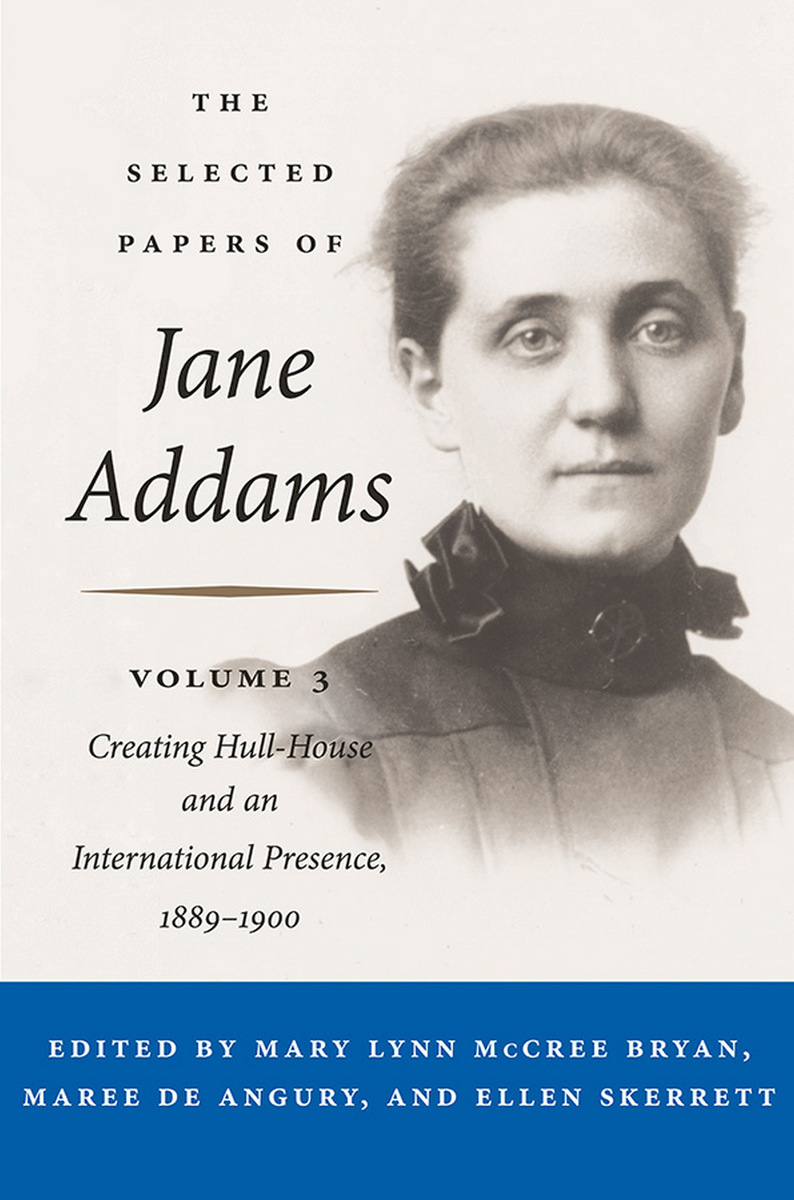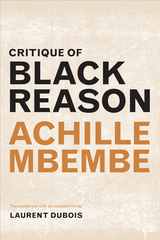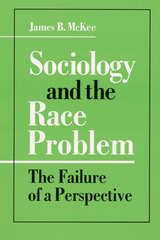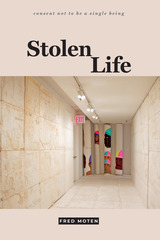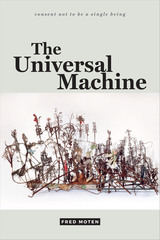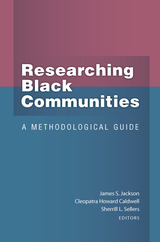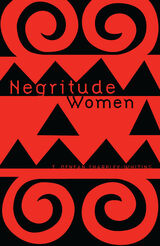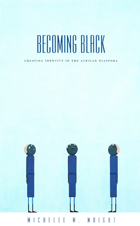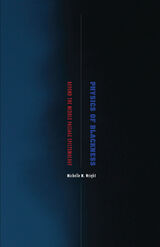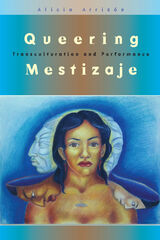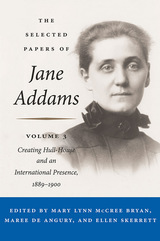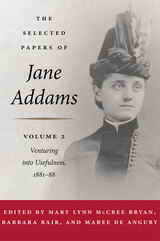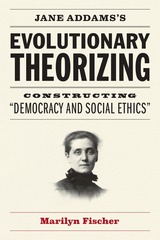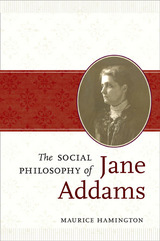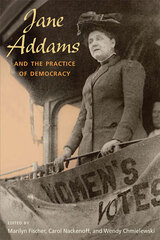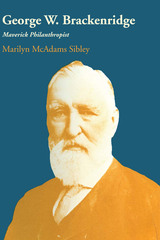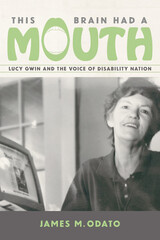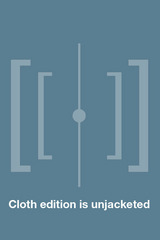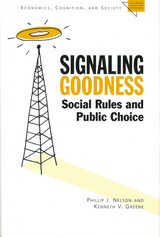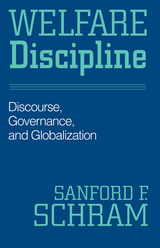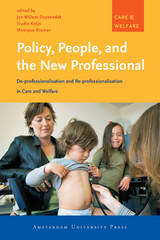Cover
Title Page
Copyright
Contents
Illustrations
Acknowledgments
Introduction
Editorial Method
Abbreviations and Symbols
Part 1. The Ball Is Rolling, 1889–93
Introduction
24 Jan. 1889, Jane Addams to Ellen Gates Starr
12 Feb. 1889, Jane Addams to Mary Catherine Addams Linn
19 Feb. 1889, Jane Addams to Sarah Alice Addams Haldeman
19 [and 20] Feb. 1889, Jane Addams to Mary Catherine Addams Linn
23 Feb. [1889], Ellen Gates Starr [for Jane Addams] to Mary Houghton Starr Blaisdell [and Sarah Alic
26 Feb. 1889, Jane Addams to Mary Catherine Addams Linn
8 Mar. 1889, Article in the Chicago Daily Tribune
13 Mar. 1889, Jane Addams to Mary Catherine Addams Linn
1 Apr. 1889, Jane Addams to Mary Catherine Addams Linn
9 May 1889, Jane Addams to Anna Hostetter Haldeman Addams
25 May 1889, Letter to the Woman’s Journal (Boston)
4 June 1889, Jane Addams to Ellen Gates Starr
7 June 1889, Jane Addams to Ellen Gates Starr
31 Aug. 1889, Jane Addams to Sarah Alice Addams Haldeman
1 Sept. 1889, Henry Richart to Jane Addams
13 Sept. 1889, Jane Addams to Sarah Alice Addams Haldeman
8 Oct. 1889, Jane Addams to Sarah Alice Addams Haldeman
3 Nov. [1889], Ellen Gates Starr [for Jane Addams] to Susan Childs Starr and Caleb Allen Starr [and
15, [16–20?] Nov. [1889], Ellen Gates Starr [for Jane Addams] to Susan Childs Starr and Caleb Allen
23 Nov. 1889, Jane Addams to Sarah Alice Addams Haldeman
24 Nov. 1889, Jane Addams to George Bowman Haldeman
22 Dec. 1889, Jane Addams to Sarah Alice Addams Haldeman
5 Jan. 1890, Jane Addams to Sarah Alice Addams Haldeman
22 Jan. 1890, Jane Addams to Sarah Alice Addams Haldeman
6 Mar. 1890, Jane Addams to Sarah Alice Addams Haldeman
7 Mar. 1890, Jane Addams to Helen Culver
[9?] [Mar. 1890], Helen Culver to Jane Addams
11 Mar. 1890, Jane Addams to Helen Culver
26 Apr. 1890, Jane Addams to Mary Rozet Smith
3 June 1890, Jane Addams to Anna Hostetter Haldeman Addams
5 June 1890, Document from Sarah Alice Addams Haldeman
14 June 1890, Jane Addams to Mary Rozet Smith
[22?] [June 1890], Jane Addams to Sarah Alice Addams Haldeman
30 June [1890], Jenkin Lloyd Jones to Jane Addams
4 July 1890, Jane Addams to Anna Hostetter Haldeman Addams
17 July 1890, Jane Addams to Anna Hostetter Haldeman Addams
[4–7 Aug. 1890], Jane Addams to Ellen Gates Starr
11 Aug. 1890, Jane Addams to Anna Hostetter Haldeman Addams
20 Aug. 1890, Jane Addams to Sarah Alice Addams Haldeman
5 and 8 Oct. 1890, Jane Addams “Diary, 1889–90”
3 Nov. 1890, Jane Addams to Jenkin Lloyd Jones
3 Dec. 1890, Address for the Chicago Woman’s Club
9 Dec. 1890, Jane Addams to Anna Hostetter Haldeman Addams
19 Dec. 1890, Jane Addams to Mary Rozet Smith
21 Dec. 1890, Jane Addams to George Bowman Haldeman
3 Feb. 1891, Jane Addams to Lorado Taft
[12?] [Apr. 1891], Jane Addams to Mary Rozet Smith
21 June 1891, Article in the Chicago Inter Ocean
[12?] [Aug. 1891], Jane Addams to Sarah Anderson
12 Aug. 1891, Jane Addams to Lydia Avery Coonley-Ward
[ca. 6 ] [Sept. 1891], Jane Addams to Sarah Alice Addams Haldeman
9 Nov. 1891, Jane Addams to Sarah Alice Addams Haldeman
18 Nov. 1891, Jane Addams to Henry Demarest Lloyd
6 Dec. 1891, Jane Addams to Jenkin Lloyd Jones
28 Dec. 1891, Jane Addams to Anna Hostetter Haldeman Addams
27 Jan. 1892, John Dewey to Jane Addams
29 and 30 Apr. 1892, Articles in the Chicago News and Chicago Daily Tribune
30 June 1892, Article in the Chicago Inter Ocean
15 Sept. 1892, Jane Addams to Bayard Taylor Holmes
Nov. and Oct. 1892, Two Essays in the Forum
26 Dec. 1892, Samuel A. Barnett to Jane Addams
2 Jan. 1892[1893], Jane Addams to Henry Demarest Lloyd
23 Feb. 1893, Jane Addams to Sarah Alice Addams Haldeman
11 May 1893, Jane Addams to Emily Greene Balch
19 May 1893, Address at the World’s Columbian Exposition
20 June 1893, Robert A. Woods to Jane Addams
23 Aug. 1893, Remarks on Opening the New England Kitchen, Hull-House
26 Aug. 1893, Jane Addams to Mary Rozet Smith
10 Dec. 1893, Minutes of a Hull-House Residents Meeting
17 Dec. 1893, John Addams Linn to Jane Addams
Part 2. It Is the Work I Must Do Because It Is the Work I Love, 1894–96
Introduction
27 Jan. 1894, Jane Addams to Mary Rozet Smith
14 Mar. 1894, Jane Addams to Nettie Fowler McCormick
17 Mar. 1894, Jane Addams to Sarah Alice Addams Haldeman
20 Mar. 1894, Jane Addams to Katharine Patrick Medill
[2?] [Apr. 1894], Jane Addams to Mary Rozet Smith
16 Apr. 1894, Jane Addams to Sarah Alice Addams Haldeman
4 May 1894, Jane Addams to Sarah Alice Addams Haldeman
[June?] [1894], Jane Addams to Mary Rozet Smith
23 June 1894, Jane Addams to Sarah Anderson
29 June 1894, Jane Addams to Mary Rozet Smith
21 July 1894, Jane Addams to Sarah Alice Addams Haldeman, with enclosure 20 July 1894, John Manning
18 Aug 1894, Testimony [of Jane Addams]
31 Oct. 1894, Jane Addams to Richard T. Ely
27 Nov. 1894, Jane Addams to Richard T. Ely
3 Dec. 1894, Article in the Chicago Record
28 Dec. 1894, Jane Addams to Sarah Alice Addams Haldeman
15 Jan. 1895, Jane Addams to Mary Rozet Smith
2 Feb. 1895, Edwin Burritt Smith to Jane Addams
8 Feb. [1895], Ellen Gates Starr [for Jane Addams] to Sarah Anderson
8 Feb. 1895, Jane Addams to Nettie Fowler McCormick
12 Mar. 1895, Jane Addams to Richard T. Ely
20 Apr. 1895, Jane Addams to Mary Rozet Smith
25 Apr. 1895, Article in the Chicago Record
8 Aug. 1895, Jane Addams to Mary Rozet Smith
4 [, 5, and 6] Sept. 1895, Jane Addams to Mary Rozet Smith
13 Sept. 1895, Anna Hostetter Haldeman Addams to Henry Winfield Haldeman and Ellen Gates Starr to Jo
11 Dec. 1895, Jane Addams to Anita McCormick Blaine
19 Dec. 1895, Jane Addams to William Rainey Harper
22 Dec. 1895, Jane Addams to Henry Demarest Lloyd
Jan. 1896, Article in the Hull-House Bulletin
[Feb. 1896], Mary Rozet Smith to Jane Addams
16 Feb. 1896 Jane Addams to Sarah Alice Addams Haldeman
16 Mar. 1896, Jane Addams to Sarah Alice Addams Haldeman
Apr. 1896, Article in the Hull-House Bulletin
24 Apr. 1896, F. Herbert Stead to Jane Addams
29 [and 30] May 1896, Jane Addams to Ellen Gates Starr
21 June 1896, Jane Addams to Henry Demarest Lloyd
22 May[June] 1896, Jane Addams to Gertrude Barnum
22[24] June 1896, Jane Addams to Mary Rozet Smith
[26 and] 27 June 1896, Jane Addams to Mary Rozet Smith
27 June 1896, Jane Addams to Mary Rozet Smith
25 July 1896, Jane Addams to Gertrude Barnum
[30 July 1896], Jane Addams to Aylmer Maude
[Dec. 1896?], Mary Rozet Smith to Jane Addams
4 Dec. 1896, Jane Addams to Sarah Alice Addams Haldeman
Part 3. Beginning to Preach Peace, 1897–1900
Introduction
6 Jan. 1897, Jane Addams to Sarah Alice Addams Haldeman
11 Feb. 1897, Jane Addams to Sarah Alice Addams Haldeman
21 Feb. 1897, Jane Addams to Mary Rozet Smith
28 Feb. 1897, Jane Addams to Sarah Alice Addams Haldeman
6 Mar. 1897, Jane Addams to Madeleine Wallin Sikes
26 June 1897, Graham Taylor to Jane Addams
[22 July 1897], Jane Addams to Mary Rozet Smith
31 Aug. 1897, Jane Addams to Mary Rozet Smith
14 July–9 Dec. 1897, Excerpts from Addresses
1 Dec. 1897, Article in the Hull-House Bulletin, [Chicago Arts and Crafts]
1 Dec. 1897, Article in the Hull-House Bulletin, [Dramatics]
6 Mar. 1898, Article in the Chicago Times-Herald
23 Mar. 1898, Jane Addams to Mary Rozet Smith
Apr. 1898, Essay in the International Journal of Ethics
[3 Apr. 1898], Jane Addams to Mary Rozet Smith
17 Apr. 1898, Jane Addams to Mary Rozet Smith
Apr. and May 1898, Article in the Hull-House Bulletin
10 Aug. 1898, Article in the Terre Haute (Ind.) Evening Gazette
6 Oct. 1898, Jane Addams to Mary Rozet Smith
[10 Oct. 1898], Jane Addams to Mary Rozet Smith
21 Oct. 1898, Jane Addams to Mary Rozet Smith
31 Dec. 1898, Jane Addams to Sarah Alice Addams Haldeman
1 Mar. 1899, Jane Addams to Sarah Alice Addams Haldeman
30 Apr. 1899, Address before the Chicago Liberty Meeting
30 May 1899, Jane Addams to Henrietta O. Barnett
31 May 1899, Jane Addams to Mary Rozet Smith
22 June 1899, Jane Addams to Mary Rozet Smith
25 July 1899, Jane Addams to Mary Rozet Smith
13 Sept. 1899, Jane Addams to Florence Kelley
31 Oct. 1899, Article in the Commons
27 Jan. 1900, Article in the St. Louis Post-Dispatch
20 Feb. 1900, Letter to the Editor
[ca. 18 May 1900], Jane Addams to Sarah Alice Addams Haldeman
[4?] [June 1900], Jane Addams to Mary Rozet Smith
18 June 1900, Jane Addams to Mary Rozet Smith
30 June 1900, Essay in the Commons
19 Oct. 1900, Harris Weinstock to Jane Addams with enclosure 15 Oct. 1900, M. N. Work to Harris Wein
Nov. 1900, Article in Good Housekeeping
Biographical Profiles
Bibliography
Index
